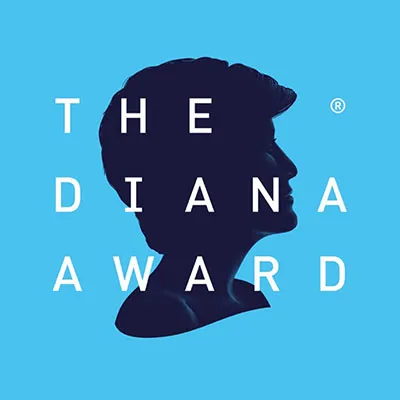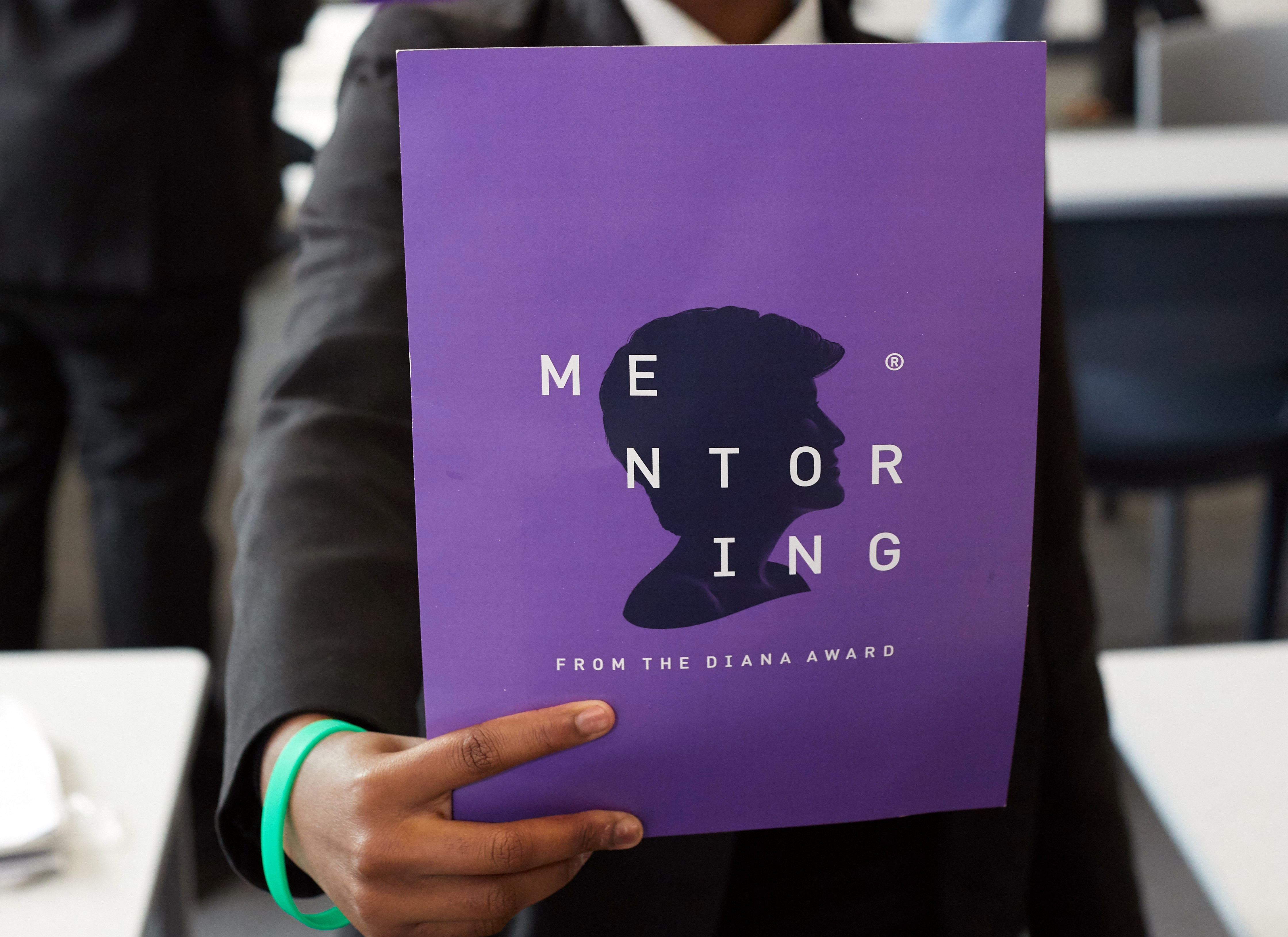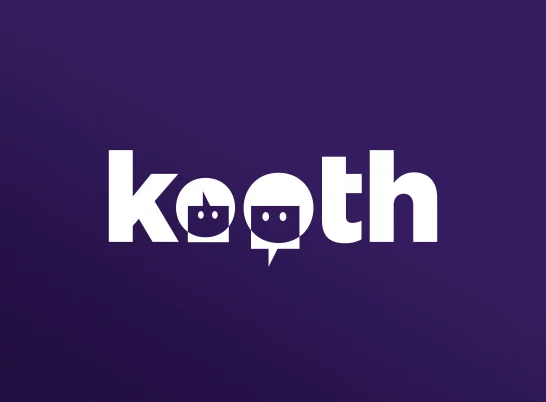“Not everything that is faced can be changed, but nothing can be changed until it is faced”. It’s Black history month, which means it’s the time of year when “Black people in the UK are celebrated”. People of many different shades all around the world face discrimination in Britain, dating back to the 1950s. You see, there once was a boat that sailed from numerous countries all over the British empire, kicking off the generation known as the Windrush generation. After diversity began to flourish in the 1970s, many more from what is now the commonwealth made their way over to Britain, from countries such as Nigeria, Kenya, Congo, and Ghana. This immigration continued in the early 2000s when optimistic immigrants came to Britain looking for better opportunities for their children. One of which was my mother, which is why I’m here today.
As a Black woman in the UK, I’ve noticed that the colour of your skin can affect your perception of life in several ways. Despite certain discrimination, I’ve still managed to achieve my goals. I am currently a member of the Diana Award Youth Board, previously working on the Lonely Not Alone National Campaign and working with the environmental group Manchester Youth Consortium. Because even if my race affects me, it doesn’t define me.
Racism is a reality that so many of us grow up learning to just deal with. That is why Black History Month is such a vital part of our modern society: a month where we learn to embrace and celebrate our rich cultural history instead of being ashamed of it and we learn that our past is not just slavery and discrimination. As a member of the Student Council, a Diana Award trained Anti-Bullying Ambassador and part of the Student Wellbeing committee, I played a key role in Black History Month events at my school. For a week during tutor periods, we learnt about African music, Martin Luther King and Rosa Parks and last school year, we had the first culture day; a day where people got to dress in cultural clothes and brought in their culture’s food.
But Black History doesn’t solve all the issues. Why should a whole race, with such a rich and complex history, be reduced to a month? Sometimes Black History Month is reduced to a week at school where we look at a slide about either Rosa Park or Martin Luther King for 10 minutes in class. Why on earth is Black history month in Britain so focused on America, as if that’s the only place where racism exists? As if the thousands of Black British people’s landing cards weren’t destroyed in the 1960s. As if our Black people haven’t struggled just as much if not more whilst fighting for their rights during the Brixton riots in 1981. As if the Black people’s movement for rights was only fought by those two individuals. Whilst both Parks and King were significant in the fight for our rights, it was far from just them. Hundreds of thousands of Black people were all a part of the struggle, and each Black history month they are dismissed. This same dismissive nature was prevalent during 2020’s Black Lives Matter movement. Numerous people all around the world put a Black screen on their social media, and many people with influence on the internet joined the protests, however, this in my opinion was too short-lived as it came out many were only doing so for more followers and not to be quote on quote ‘’cancelled’’. Too many individuals and organisations feigned to care about the rights of a whole race of people, instead seeing it as an opportunity to promote themselves. Too many people treated Black Lives Matter as a trend. To add to this, the issue of under-the-table racism still needs to be spoken about. Nowadays, racism tends to be under the table: inconsiderate jokes, racial slurs, exclusion and prejudice are all the main issues and sometimes that’s only the beginning.
People may be the victim of racial bullying and discrimination today, but it doesn’t have to stay this way. To any Black people reading this, or any person of colour, your skin colour doesn’t define you. You are so much more than the pigment of your skin and one PowerPoint a year about Rosa parks or Martin Luther King simply isn’t enough. It’s time to start believing that Black is beautiful. It’s Time for change: Action, not words, and there are a plethora of ways to begin this once and for all. Petitions are always a great place to start, but it doesn’t just end there; supporting more Black artists and getting more Black representation on tv is integral. Black children need to see more people that look like them, as the main role in tv series, in parliament, as a Prime Minister. And in my opinion, the strongest tool, Education. People from a young age need to learn to understand one another, which is why Black History Month is so important. Ignorance breeds ignorance, but education kills it which is why watching videos and understanding each other’s cultures is important.
In the words of Angela Davis, “In a racist society, it is not enough to be non-racist. We must be anti-racist”. Black History month is not a month to be taken for granted, but instead, a symbol that we as a proactive modern society are taking progressive steps to combat the injustices that walk these streets because for ignorance to prevail, all the common person has to do is turn a blind eye. We are all more than just appearances and looks, first glances and misconceptions, and in the 21st century, there is no excuse. We have the power to make a society where our children’s children will roam the streets safely, unafraid of the prejudices they may face. Ultimately, we need to take the steps to act for a better tomorrow.
Why can’t those steps start, TODAY?
Links to support:
- The Diana Award Advice Messenger provides free, 24/7 support across the UK on a variety of topics. If you are – or you know – a young person who is struggling, you/they can text DA to 85258. Trained volunteers will listen to how you’re feeling via text and help you think through the next step towards feeling better.
- Speak with your GP about how you’re feeling – they can signpost you to local support in your area
- MIND also provides lots of helpful articles and helplines
- Childline provide a listening ear for young people on a variety of topics- visit childline.org.uk or call 0800 1111





